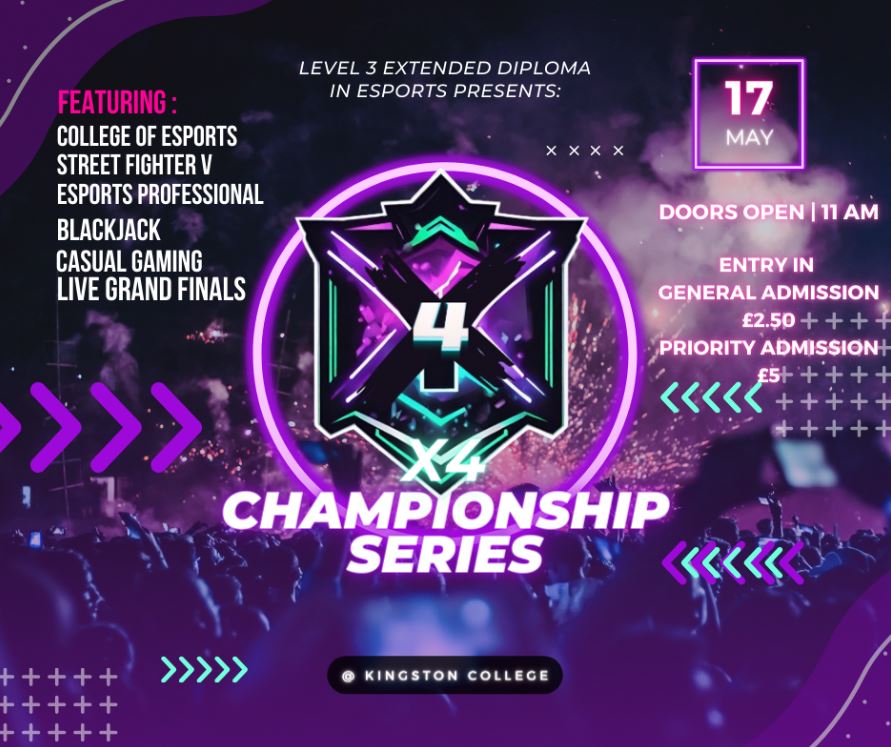Key Facts
- Starting
9 Sep 2024- Location
- Kingston Hall Road Centre
- Start Date
- Sep 2024
- Level
- Level 3
- Code
- KSF3046CF

L3 - BTEC National Foundation Diploma in Information Technology
For anyone who sees their future career in IT or computing the L3 - BTEC National Foundation Diploma in Information Technology is an excellent starting point. It covers a wide range of topics for those who have a specific career pathway in IT already mapped out as well as those who are not sure which specialism to follow. This course is very practical with plenty of opportunities to implement the theory that you learn.
-
Entry Requirements
L3 - BTEC National Foundation Diploma in Information Technology 4 GCSE grade 4 and above including Maths and English Language. -
Course Content
There are 6 units covered in year 1; Information Systems which covers topics such as internet law, hardware, networking and computer systems Database Management. Social Media and how to use it within the business environment. Data Modelling. Programming. Website development. In the 2nd year there are a further 6 units to complete which will include cyber security and incident management and IT service delivery. -
Progression Next Steps
The majority of our students progress to universities. Where they study a wide variety of degrees including Cyber security, Ethical Hacking, Cyber Forensics, Computer Science, Games programming and Networking.For those students not wishing to progress to university, comprehensive support is provided to help them find alternatives such as employment or apprenticeship with blue chip companies.
-
Additional Information
For further information please contact This email address is being protected from spambots. You need JavaScript enabled to view it. -
Course Structure
Extended Diplomas are delivered as two one year programmes:Year 1 - Foundation Diploma
Year 2 - Diploma/Extended Diploma
Students are expected to satisfactorily complete the Extended Certificate programme prior to being considered appropriate for a year 2 qualification.
-
Assessment Details
Assessment will be by assignments, presentations, observation of practical work and practical lab written reports. There will also be externally assessed units which will be a mixture of timed exams and timed set tasks depending on the units.





